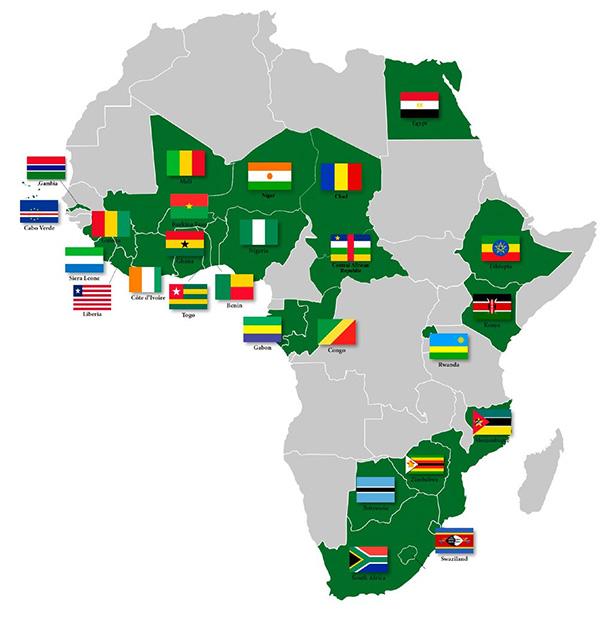
There is no doubt of Africa’s potential as an air transport market, but while governments continue to block funds and procrastinate on liberalization, they also block their own economic growth.
On Aug. 19, IATA named and shamed Nigeria, which is withholding $143.8 million in airline revenues, and Zimbabwe, which is withholding $142.7 million in airline revenues.
Africa is in desperate need of connectivity and economic stimulation, but this will not come if Africa remains an uncertain place to do business.
IATA CEO and director general Willie Walsh described the blocked funds as an “own goal,” which is putting vital air connectivity at risk – and he is right.
Funds from the sale of tickets, cargo space and other activities are meant to be protected by international conventions, agreements and treaties. If there is no protection, airlines are unlikely to risk liquidity for the sake of connectivity.
Another own goal is Africa’s failure to liberalize its internal air transport market. This was agreed more than 20 years ago – and has been agreed several times since - yet still air links remain restricted.
The value of opening up air links is clear, yet only 35 of 54 African states have recommitted to the Single African Air Transport Market (SAATM) and far fewer have put this into practice.
Financiers are using money as leverage for African change. For example, government-level commitment to liberalization is a prerequisite for any financial support from the African Development Bank (AfDB).
The Cape Town Convention, which gives financiers greater protection over aircraft assets, is another tool. Many aircraft deals now require African countries to be Cape Town signatories.
With so much uncertainty, Africa cannot afford to further barriers to entry. Eight African airlines have already filed for bankruptcy, after the continent lost $7.8 billion in revenue in 2020.
The continent is also lagging behind the rest of the world in COVID vaccination rates and many countries are now experiencing their third wave. Meanwhile, Ebola outbreaks have been declared in Cote d'Ivoire, the Democratic Republic of the Congo and Guinea this year.
Africa needs to start delivering on its commitments and become a more predictable place to trade, or risk being left behind.



